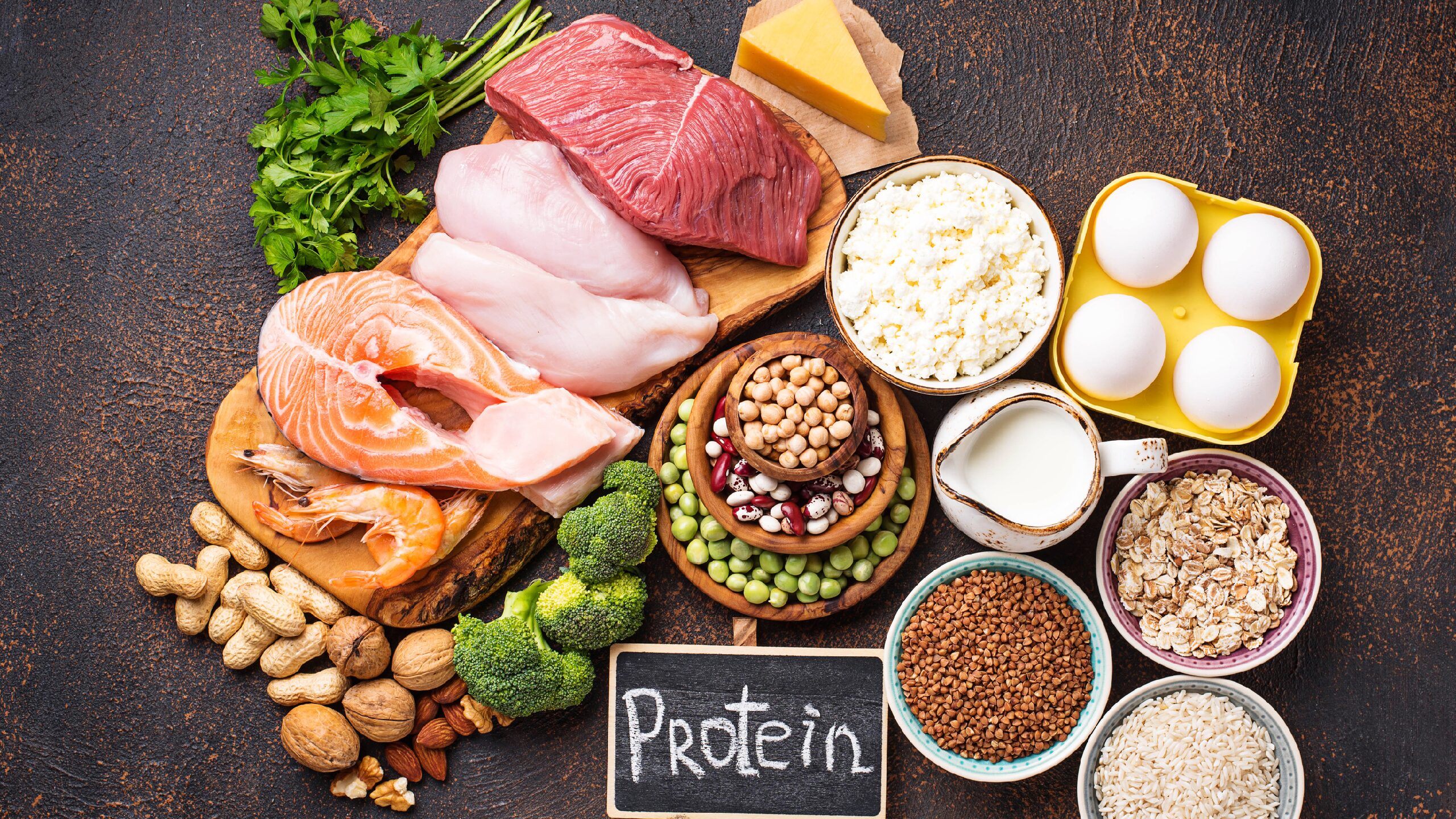The global focus on alternative protein products and production technologies is intensifying, driven by the expanding demand for meat and fish due to population growth and economic development in emerging countries, leading to a ‘protein crisis.’ Companies like DAIZ are pioneering plant-based meat alternatives, addressing issues related to traditional livestock farming such as deforestation and methane emissions. Meanwhile, Taberumo, among the notable algae-based companies, is catering to the increasing demand for protein sources beyond animal products, driven by health-conscious and environmentally conscious consumers, including vegetarians and vegans.
Commercialization of alternative protein faces challenges due to limited product availability. To achieve mass production, essential steps include developing raw materials, stabilizing and optimizing production, reducing costs, and improving taste, nutrition, and processing suitability. Market entry requires established production and sales systems, robust product development capabilities, and may involve obtaining sales approval in certain regions. Overcoming hurdles like raising consumer awareness and reducing resistance poses significant challenges.
The global market for alternative proteins is expected to expand by 66% to reach ¥2.7 trillion in 2025, and it is projected to quadruple to ¥6.5 trillion by 2030. As of 2022, the Japanese market accounts for approximately 3% (¥51.4 billion), and it is estimated to remain around 1% (¥72.0 billion) in 2030. The domestic market, including foodservice applications, is growing, with the adoption of plant-based alternatives in convenience store private label (PB) products. Despite the expansion, Japan’s corporate and government initiatives in this area are relatively slow compared to Europe and the United States, representing a pressing challenge for strengthening food security and fostering new industry creation.

